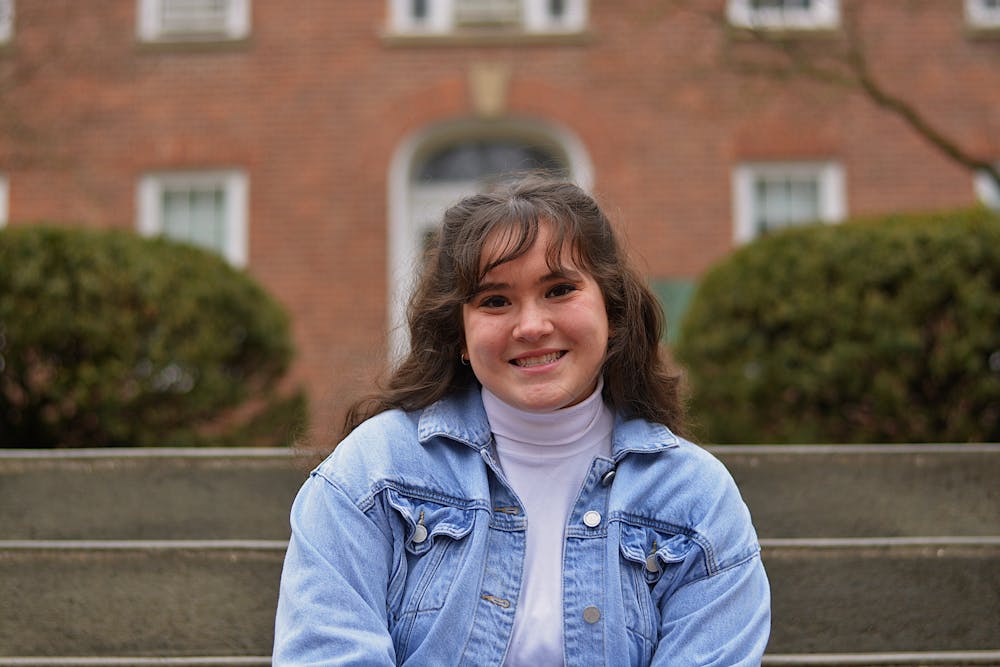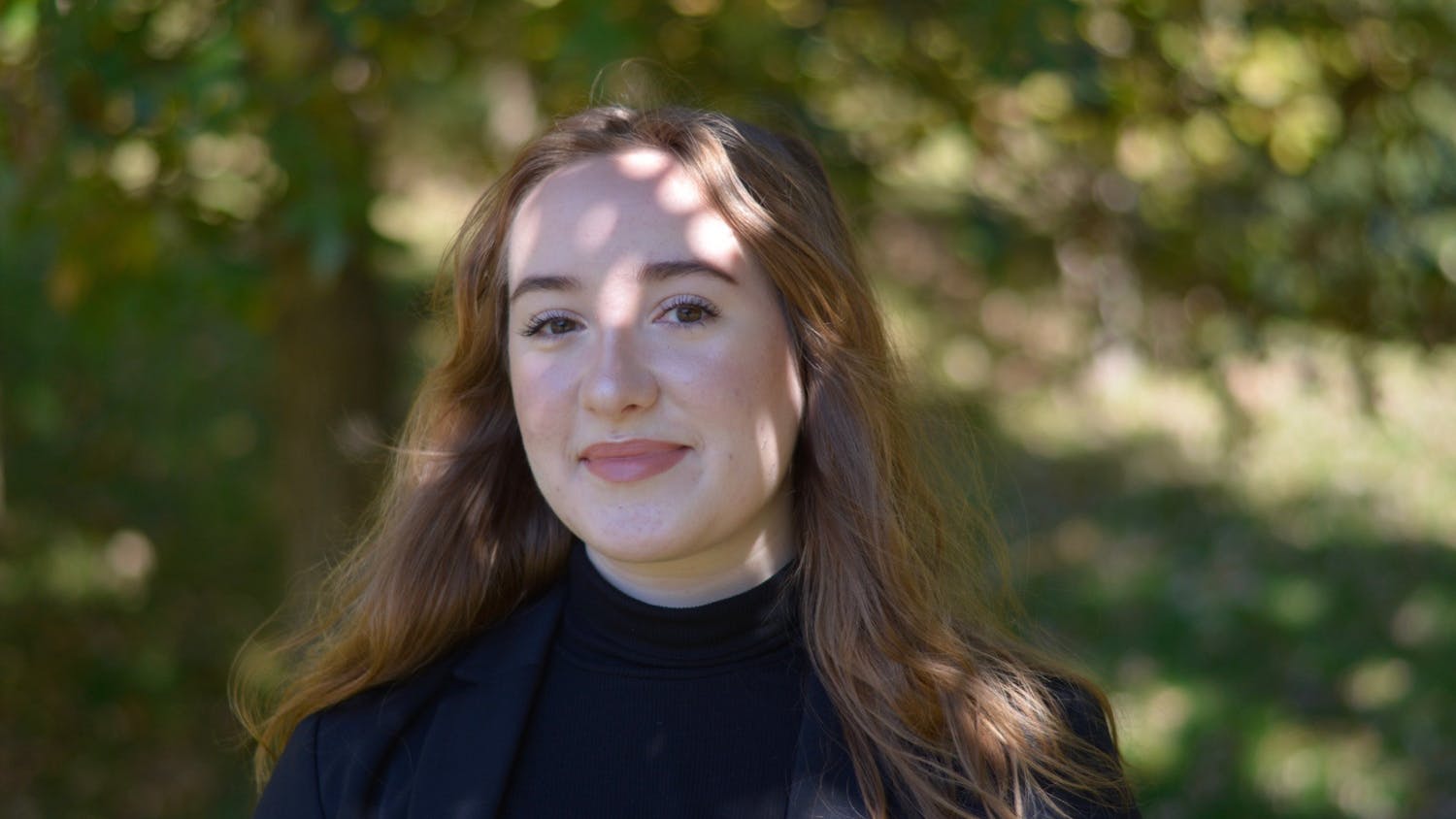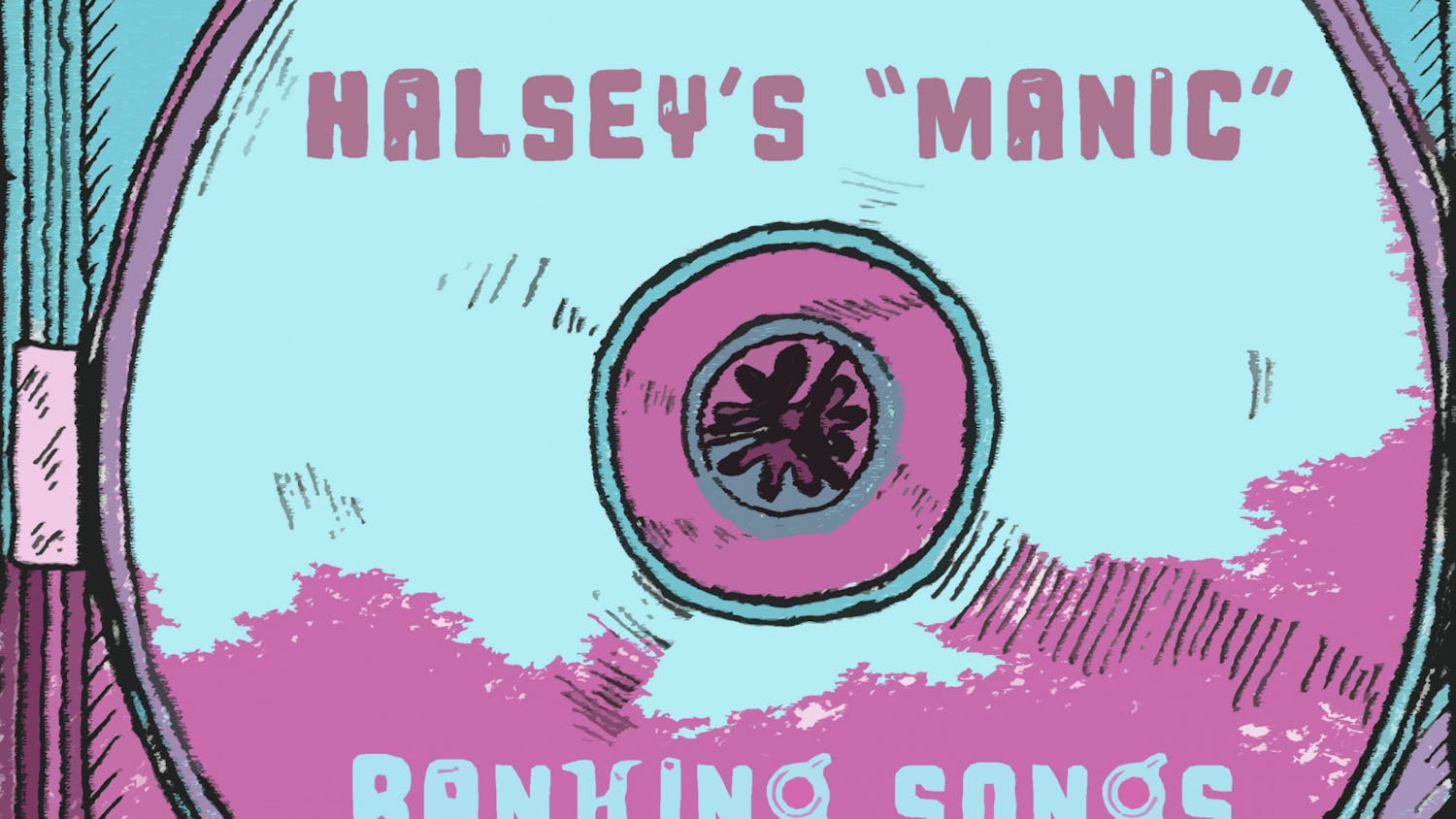Sunday night, every viewer of the Grammys was graced with the musical genius and explosion of culture that was Bad Bunny’s performance. Although it may have been the first time for some they had seen or heard of the Latino singer, Bad Bunny has been the most streamed global artist on Spotify for three years in a row.
Benito Antonio Martínez Ocasio, also known as Bad Bunny or El Conejo Malo, was born on March 10, 1994 in Vega Baja, Puerto Rico. Ocasio said he used to love wearing a bunny costume to school and a photo was snapped of him in said getup with a rather unhappy expression on his face, thus creating his stage name.
Ocasio began to upload songs to SoundCloud during college and was discovered by producer DJ Luian for his song “Diles.” In 2016, he was signed and his fame grew after his song “Soy peor.”
Ocasio entered the American pop music world when he collaborated with J Balvin and Cardi B for the hit song “I Like It.” He raps in English and Spanish, and the song eventually hit number one on the Billboard Top 100, gaining him more of a following in the U.S. He also worked with Canadian artist Drake on the song “Mía” which went on to hit number five on the Billboard Top 100.
In 2020, Ocasio performed at the Super Bowl with Shakira, Jennifer Lopez and J Balvin. He went on that year to release “YHLQMDLG,” or “Yo Hago Lo Que Me Da La Gana,” which won a Grammy for Best Latin Urban/Pop Album, which he called a “gringo Grammy.”
Still in the same year, he released his third solo album, “El último tour del mundo,” and it became the first Spanish-language album to be number one on the Billboard 200 chart. This secured his spot of Spotify’s artist of the year in December with his music having more than 8 billion streams.
His release of “Un Verano Sin Ti” in May was met with immediate success and was the most streamed album in the world. He was also named Apple Music’s artist of the year and has spent the latter part of the year performing for sold out crowds. The album is also the biggest Latin album of all time.
On Sunday, Ocasio took home another Música Urbana Grammy and also opened the awards ceremony with his performance of “El Apagón” and “Después de la Playa.” What was interesting about his performance was he sang the entirety of it in Spanish and included traditional Puerto Rican elements such as the eight Plena and seven Pleneros dancers accompanying him as well as eight cabezudos. All the cabezudos were made by Puerto Ricans and depicted famous Puerto Rican icons such as writer Lola Rodríguez de Tió and composer Tite Curet Alonso.
Ocasio has long been praised for his authenticity, as well as his dedication to the people and community he comes from. The artist went viral at the end of December for throwing an impromptu concert on top of a gas station in San Juan.
"I'm pleased that we are in a time where I don't need to change anything about myself— not my musical style, not my language, not my culture— to go far,” he said in an interview. “That doesn't mean I'll never sing in English. I already sang in Japanese, so maybe one day I'll sing in English. It feels great to do things my way."
Ocasio is part of a bigger picture of the impact of reggaetón on the world. He has been credited with making the genre more prevalent around the world instead of just being concentrated in Latin America, more specifically the Caribbean.
Reggaetón was credited to be created in the ‘80s when workers from Jamaica traveled to Panama to work on the canal. Reggaetón was then adapted to other Spanish-speaking countries with the influence of African and Caribbean beats.
The genre faced some backlash from the white community, especially during the ‘90s, because it was said reggaetón was associated with crime, violence and hypersexuality. Thanks to artists like Daddy Yankee, reggaetón is said to become more mainstream.
However, there is also a phenomenon called “blanqueamiento” where it is acknowledged that reggaetón seems to be distancing itself from its African influence in order to be more marketable to white audiences.
Even the Grammys were not immune to the whitewashing of reggaetón. Many took to Twitter to protest the fact CBS did not even attempt to put captions for Ocasio’s performance, merely just captioning the performance with text that read “speaking non-English.”
Even major news organizations seemed to focus on the fact Ocasio’s music made white singers like Jack Harlow and Taylor Swift get up and dance rather than the significance of a Latino performance as a whole.
Next time “Tití Me Preguntó” comes on at the club, enjoy the music and the catchy beat, but maybe even challenge yourself to learn the words. Familiarize yourself with the influence Bad Bunny has had on the world, and don’t let his accomplishments be overlooked.
Alyssa Cruz is a sophomore studying journalism and Spanish at Ohio University. Please note that the views and opinions of the columnist do not reflect those of The Post. What are your thoughts? Tell Alyssa by tweeting her at @alyssadanccruz.





